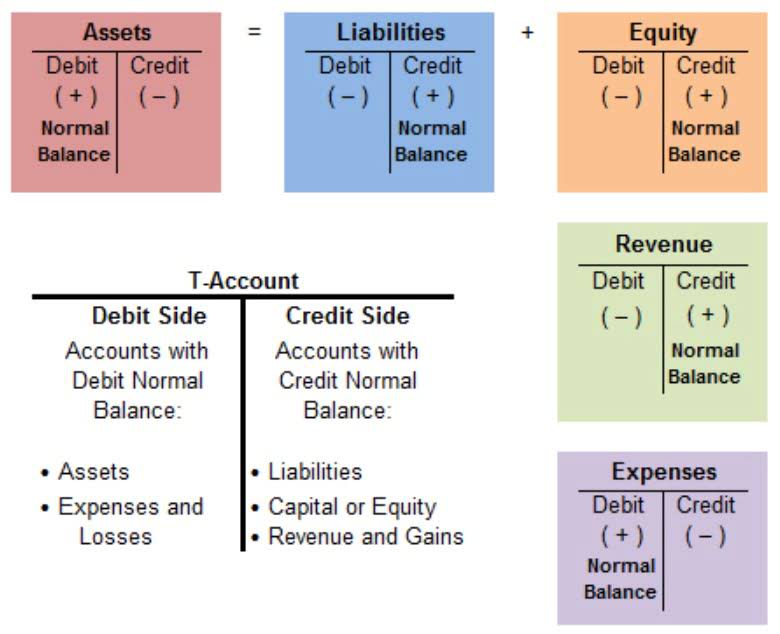Capitalization Rate Definition, Formula, Calculate

The cap rate helps measure the return of an investment property compared to other opportunities. As a general rule of thumb, a higher cap rate implies that an investment property offers a higher return than a similar investment. The different measurement of Market Cap values also form the basis to launch a variety of market indexes.
Essentially, a lower cap rate implies lower risk, while a higher cap rate implies higher risk. Investors hoping for a safer option would, therefore, favor properties with lower cap rates. The most important thing to remember is that you should never take on more risk than you are comfortable with, and you should always use cap rate in addition to other calculations. The cap rate calculator can be used to accurately calculate the capitalization rate of real estate. In the real estate lending and appraisal sector, the cap rate is a valuable metric that uses the amount of income a property is able to generate as the means of estimating that property’s value. Next we covered what a good cap rate is, when not to use a cap rate, and discussed how to think about the components of the cap rate.
How Does A Cap Rate Calculator Work?
Many lenders require companies to maintain a specific debt-to-equity ratio. If large long-term assets were expensed immediately, it could compromise the required ratio for existing loans or could prevent firms from receiving new loans. One of the most important principles of accounting is the matching principle. The matching principle states that expenses should be recorded for the period incurred regardless of when payment (e.g., cash) is made. Recognizing expenses in the period incurred allows businesses to identify amounts spent to generate revenue. For assets that are immediately consumed, this process is simple and sensible.

Learn what a capitalization rate (cap rate) is in finance, including the formula and examples. Generally, investments in mega-cap or large-cap stocks are considered more conservative with less volatility than investments in small-cap stocks. Some traders and investors, mostly novices, can mistake a stock’s price to be an accurate representation of that company’s worth, health, and/or stability. They may perceive a higher stock price as a measure of a company’s stability or a lower price as an investment available at a bargain. Market capitalization is the correct measure to look at, as it represents the true value as perceived by the overall market.
What Is A Cap Rate In Real Estate?
According to Rasti Nikolic, a financial consultant at Loan Advisor, “in general though, 5% to 10% rate is considered good. Property investors use cap rate every time they invest in a property because it gives them an idea about the profitability. If an investor wants to cover the cost of purchase rather quickly s/he would buy a property which has a higher cap rate”. The cap rate, expressed as a percentage, estimates a property’s annual net income relative to the home’s market value. Therefore, a 7.5% cap rate suggests an investor can expect to make about 7.5% of the home’s purchase price in annual net operating income.
In such a case, other types of investments that are more directly connected to interest rates (for example, corporate bonds) may become more attractive for investors than buying properties. It follows that investors are not satisfied with a 10 percent rate of return anymore, but they require, let’s say, a 12 percent cap rate for real estate investment. Although it’s an important capitalization rate formula metric in comparing investment opportunities, investors should never base a purchase on the cap rate of a property alone. It is useful to note that different cap rates represent different levels of risk – a low cap rate implies lower risk while a high cap rate implies higher risk. Therefore, there is no “optimal” cap rate – it depends on the investor’s risk preference.
Commercial Rental Property Investment Assumptions
Finally, the amount of capital you invest in a property can also affect the cap rate. A renovation that makes a property more attractive could command higher rents, increasing the owner’s operating income. After doing the calculations for the properties above, John realizes that Property C returns the highest cap rate. The rate also indicates the amount of time it takes to recover an investment in a property. For example, if a property comes with a 10% cap, it will take 10 years for the investor to recover his investment (called “fully capitalized”).
- Paying less to acquire an investment property means lower entry cost into the investment.
- With billions of dollars worth of valuation, a large-cap company may have more room to invest a few hundred millions in a new stream of business and may not take a big hit if the venture fails.
- Miranda is dedicated to advancing financial literacy and empowering individuals to achieve their financial and homeownership goals.
- Instead of providing a definitive rate of return that investors can bank on, the cap rate is more of a “ballpark” estimate that leaves a lot of important information out.
- If you’re looking at cap rate trends over the past few years in a particular submarket, then the trend can give you an indication of where that market is headed.
- This return of 7% generated from the property investment fares better than the standard return of 3% available from the risk-free Treasury bonds.
On the other hand, the success of such ventures for a mid-cap company can bolster its valuations to significant heights. Another aspect of capitalization refers to the company’s capital structure. Capitalization can refer to the book value of capital, which is the sum of a company’s long-term debt, stock, and retained earnings, which represents a cumulative savings of profit or net income.
In cases where comparable sales data is sparse or non-existent, surveys of investors and lenders can provide reliable data to estimate the cap rate using the band of investment methodology. Diversifying your assets with real estate investments is a great way to protect or grow your wealth. Apply online today and make Rocket Mortgage your source for mortgages on investment properties. As a general rule, the formula will determine a higher cap rate for properties with a higher net operating income and lower valuation.
- There are strict regulatory guidelines and best practices for capitalizing assets and expenses.
- Investors should be careful to consider a wide range of metrics in addition to the capitalization rate.
- Put simply, cap rate definition is the rate of return on a real estate investment property.
- The GGM can be useful for calculating the cap rate when a real estate has growing cash flows year over year.
- There are many potential market factors that can affect the capitalization rate of a property.

0 Comments